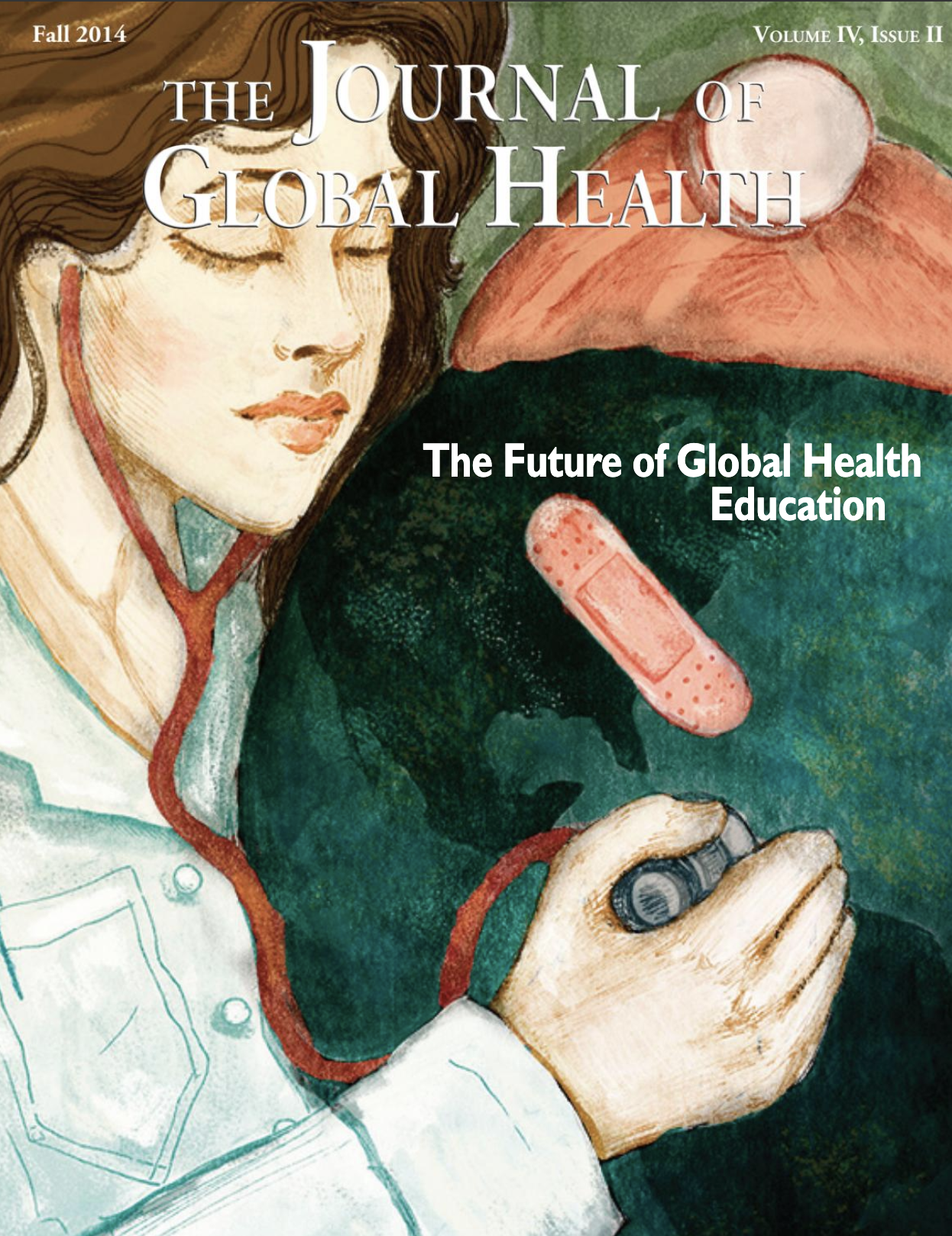Chasing out traditional birth attendants in Ghana – implications for maternal and newborn health
Main Article Content
Abstract
This paper reflects on a growing shift away from the training and use of traditional birth attendants (TBAS) to provide maternity care services in Ghana and calls for greater collaboration between TBAs and the health system in Ghana. The paper communicates personal reflections based on experiences working with communities to address barriers to maternal and newborn health care services in Ghana. It also draws on evidence from a larger research study examining the effects of Ghana’s free maternal healthcare policy on women’s maternity care seeking experience, equity of access and barriers to accessibility and utilization of maternal and newborn healthcare services. The design of this larger study involved analysis of nationally representative, retrospective household survey data in combination with qualitative exploration using focus group discussions, in-depth interviews, case studies and structured field observations in a total of six communities between November 2011 and May 2012. The study was comprised of 185 expectant and lactating mothers, 15 traditional birth attendants and 20 healthcare providers (i.e. community health nurses, midwives, doctors, health facility managers, district and regional directors of health, district and regional public health nurses, policy makers at the Ministry of Health and Ghana Health Services).

